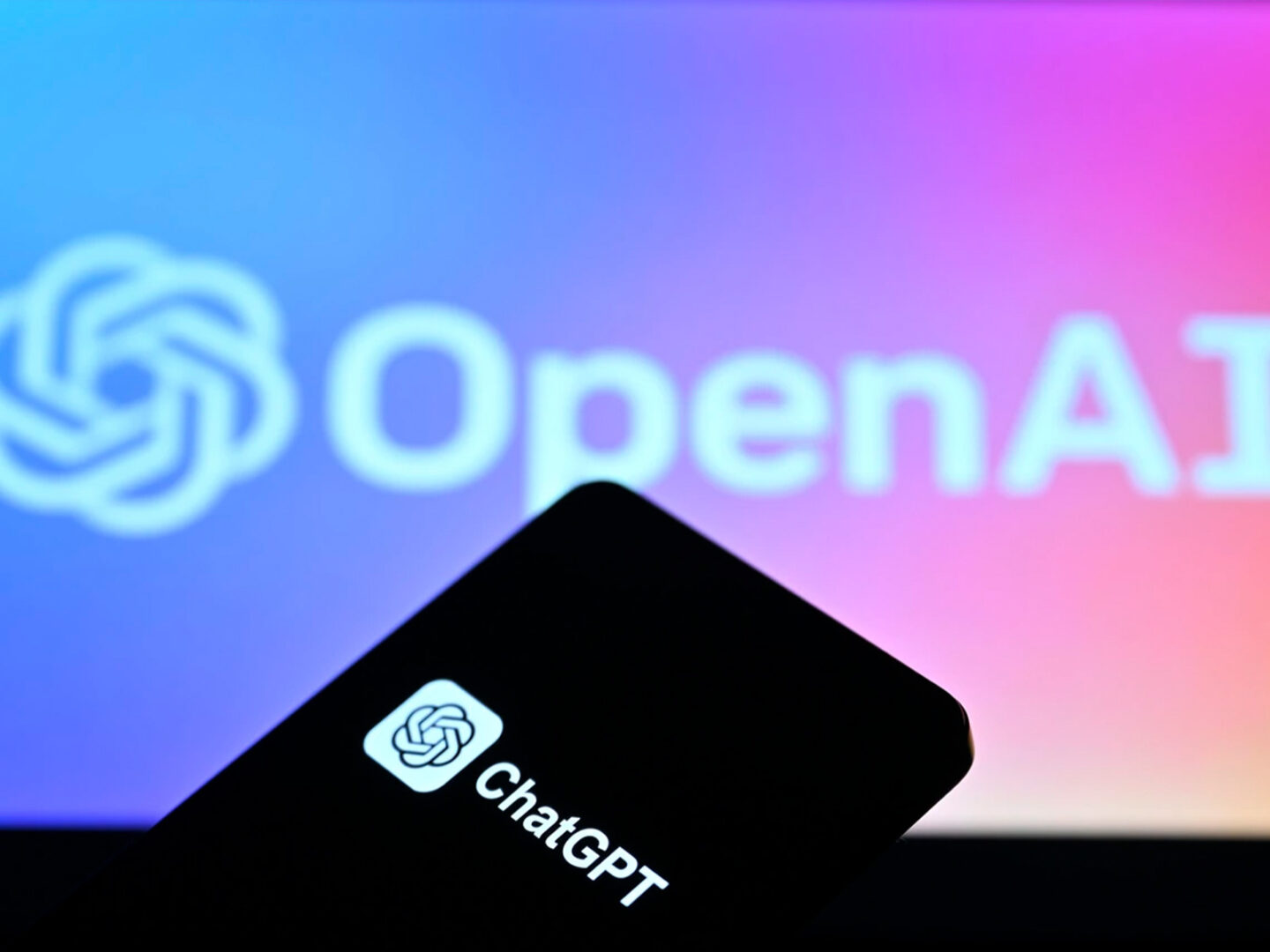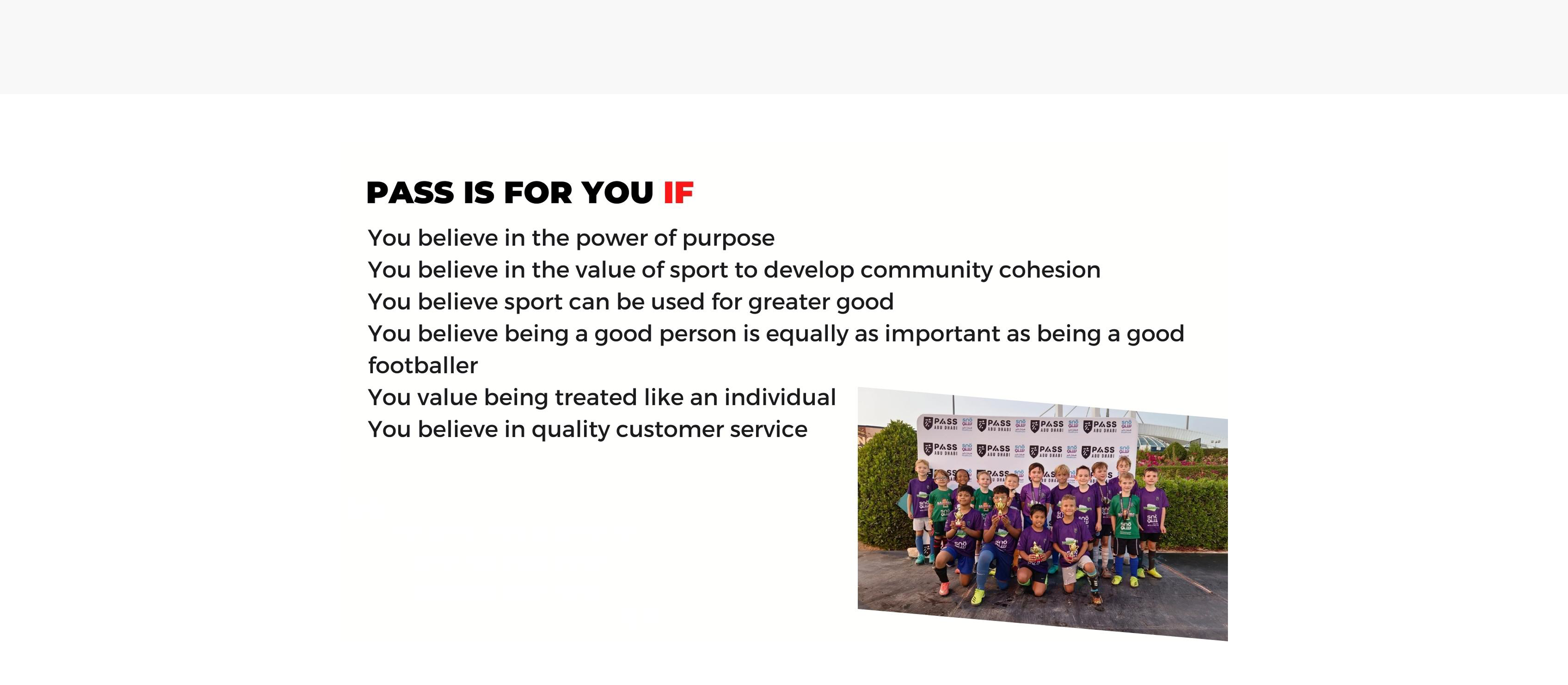FTC Investigates OpenAI's ChatGPT: What It Means For AI Regulation

Table of Contents
The FTC's Concerns Regarding ChatGPT and Data Privacy
The FTC's primary concerns regarding ChatGPT center on its data handling practices and potential violations of consumer protection laws. The investigation scrutinizes whether OpenAI adequately safeguards user data and complies with existing regulations.
-
Potential violations of consumer protection laws: The FTC is likely examining ChatGPT's compliance with the Children's Online Privacy Protection Act (COPPA), which protects children's online privacy, and Section 5 of the FTC Act, which prohibits unfair or deceptive acts or practices. Concerns arise from the potential for the collection and use of children's data without proper parental consent.
-
Issues with data security and unauthorized data collection: The vast amount of data used to train ChatGPT raises questions about data security and the potential for unauthorized access or breaches. The FTC is investigating whether OpenAI has implemented sufficient measures to protect user data from unauthorized access, use, or disclosure.
-
Lack of transparency regarding data usage and user consent: Transparency regarding data usage is crucial. The FTC is examining whether OpenAI has been transparent with users about how their data is collected, used, and shared, and whether users have provided informed consent for such practices. This includes concerns about the potential for the model to inadvertently memorize and reproduce sensitive information from its training data.
-
Specific examples of potential data privacy violations: While specifics remain confidential during the investigation, potential violations could include the unintentional disclosure of personally identifiable information (PII) through ChatGPT's responses or the failure to obtain proper consent for data collection in certain scenarios.
-
Relevant FTC guidelines and regulations: The investigation draws upon various FTC guidelines and regulations related to data security, consumer privacy, and unfair or deceptive practices in the context of AI technologies. Understanding these guidelines is crucial for navigating the evolving legal landscape of AI.
ChatGPT's Potential for Bias and Misinformation
Beyond data privacy, the FTC's investigation likely addresses the ethical concerns surrounding AI bias and misinformation. ChatGPT, like other large language models, is trained on massive datasets that may reflect societal biases.
-
Examples of biased outputs and their potential consequences: ChatGPT has demonstrated instances of generating biased or discriminatory responses, potentially perpetuating harmful stereotypes and causing real-world harm. The FTC is interested in evaluating these instances and their potential societal impact.
-
The challenge of detecting and mitigating bias in large language models: Detecting and mitigating bias in large language models is an ongoing challenge for researchers and developers. The FTC's investigation will likely focus on the effectiveness of OpenAI's efforts in this regard.
-
The FTC's interest in ensuring fairness and accuracy in AI systems: The FTC is committed to ensuring that AI systems are fair, accurate, and do not discriminate against protected groups. This investigation seeks to establish clear expectations for fairness and accuracy in AI development.
-
The potential for misuse in spreading misinformation: ChatGPT's ability to generate human-quality text can be exploited to create and disseminate misinformation at scale. The FTC is likely examining OpenAI's efforts to mitigate this risk.
The Broader Implications for AI Regulation
The FTC's investigation of OpenAI's ChatGPT sets a significant precedent for future AI regulations, impacting both the US and international AI landscapes.
-
Potential future regulations targeting AI development and deployment: This investigation could pave the way for more comprehensive AI regulations, potentially focusing on data privacy, algorithmic transparency, and accountability mechanisms for AI systems.
-
Comparison with existing regulations in other countries: The FTC's actions can be compared to existing AI regulations in the European Union (GDPR), Canada, and other jurisdictions, highlighting differing approaches to AI governance.
-
The debate surrounding the need for comprehensive AI legislation: This investigation fuels the ongoing debate about whether sector-specific regulations or a holistic approach is best suited to regulate AI development and deployment.
-
Potential impact on the development of future AI technologies: The outcome of this investigation will undoubtedly influence the development and deployment of future AI technologies, potentially encouraging more responsible and ethical development practices.
-
Different regulatory approaches (e.g., risk-based, sector-specific): The investigation may spur discussions about the optimal regulatory model, with consideration for risk-based approaches that prioritize regulating high-risk AI applications or sector-specific regulations tailored to different AI use cases.
OpenAI's Response and Future Steps
OpenAI has acknowledged the FTC investigation and expressed its commitment to responsible AI development.
-
OpenAI's commitment to addressing data privacy concerns: OpenAI has stated its intention to cooperate fully with the investigation and address the FTC's concerns about data privacy and security.
-
Outline of any changes or improvements implemented by OpenAI: The company may have already implemented or plans to implement changes to its data handling practices, model training, and user interface to enhance transparency and improve data protection.
-
Discussion of the company’s future plans regarding responsible AI development: OpenAI’s future plans will likely involve increased focus on AI safety and ethical considerations, incorporating feedback from the investigation and broader community discussions.
Conclusion: The Future of AI Regulation in the Wake of the ChatGPT Investigation
The FTC's investigation into OpenAI's ChatGPT is a landmark event with far-reaching implications for the future of AI regulation. The investigation highlights crucial issues surrounding data privacy, algorithmic bias, and the responsible development of powerful AI systems. It emphasizes the urgent need for clear guidelines and robust regulatory frameworks to ensure the ethical and responsible development and deployment of AI technologies. The outcome of this investigation will shape the AI landscape for years to come, influencing how companies develop, deploy, and govern their AI systems. Stay informed about developments in AI regulation and the FTC's investigation of OpenAI’s ChatGPT. Further reading on AI ethics and data privacy is crucial for understanding the complex implications of this rapidly evolving field. The future of AI hinges on our ability to develop and implement effective AI regulation that promotes innovation while safeguarding individual rights and societal well-being.

Featured Posts
-
 Analyzing Pitchers Name S Prospects In The Mets Rotation
Apr 28, 2025
Analyzing Pitchers Name S Prospects In The Mets Rotation
Apr 28, 2025 -
 Starbucks Workers Reject Proposed Pay Raise Offer
Apr 28, 2025
Starbucks Workers Reject Proposed Pay Raise Offer
Apr 28, 2025 -
 Solving Americas Growing Truck Problem Potential Antidotes
Apr 28, 2025
Solving Americas Growing Truck Problem Potential Antidotes
Apr 28, 2025 -
 Explore Abu Dhabi 10 Gb Data Sim And 15 Off With The Abu Dhabi Pass
Apr 28, 2025
Explore Abu Dhabi 10 Gb Data Sim And 15 Off With The Abu Dhabi Pass
Apr 28, 2025 -
 A Mets Rivals Unexpected Star A Pitchers Breakout Season
Apr 28, 2025
A Mets Rivals Unexpected Star A Pitchers Breakout Season
Apr 28, 2025
